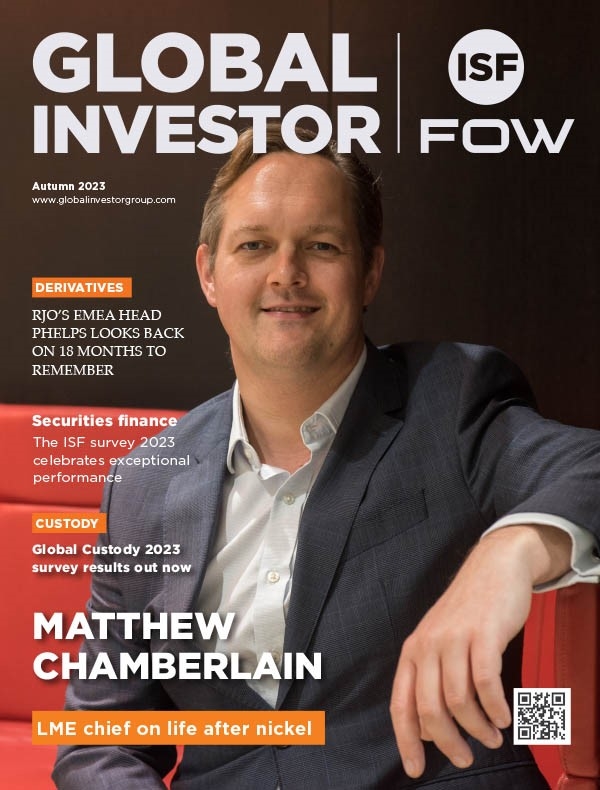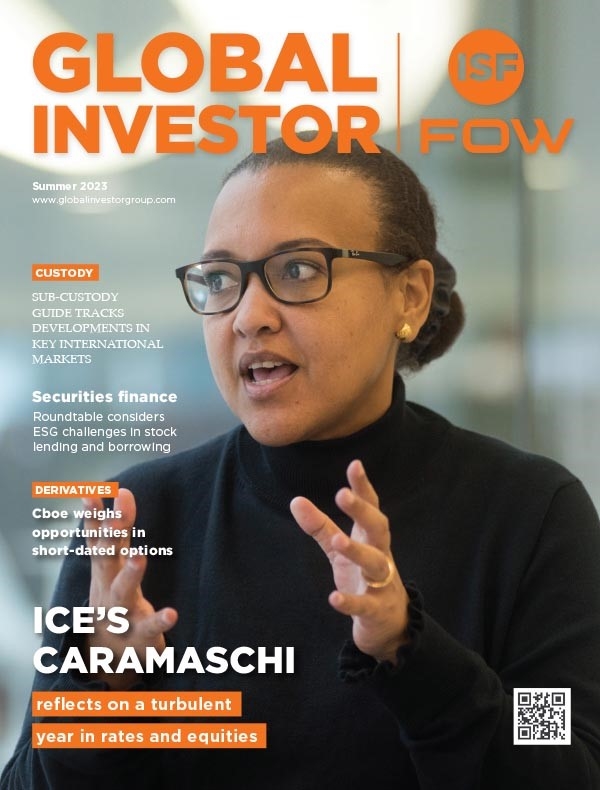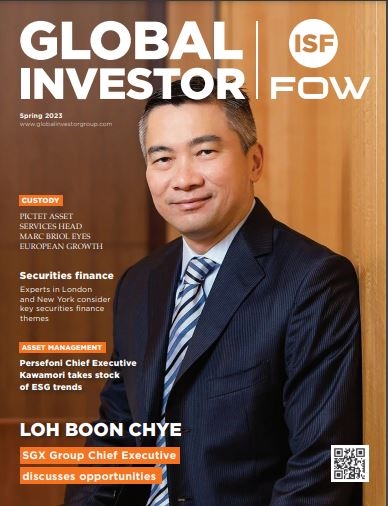Rasmala Egypt Asset Management: Emerging evaluation
How do you view the investment climate in the Middle East?
The final quarter of 2014 was very tough due to the oil market sell-off. The region is a major player in the oil space and GCC countries rely to a great extent on oil as the main source of their budgets.
But this shapes opportunities for 2015. In 2014 we saw that markets were a little bit stretched in terms of valuations and multiples – with the drop they came down to levels where you can find real opportunities.
Our investment strategy for 2015 is being shaped by the balance to be struck between various macro and micro realities. At the macro level there is political risk related to the change of rule in Saudi Arabia as well as the geopolitics around security concerns in Syria, Iraq and Yemen, which will all be important to watch.
There has been steady increase in the fiscal break-even oil price across the GCC, so if the oil prices remain low for an extended period of time it will put a lot of pressure on infrastructure spending and substantially-increased wage bills.
On the other hand, in the oil importing countries outside the GCC the political risk has subsidised and the steep drop in oil prices has provided much needed respite – the new government in Egypt can now address structural problems such as power shortages. The adjustment to the Egyptian exchange rate also means there are opportunities for new investors to come into the market.
The support for Egypt from the GCC neighbourhood is still very strong. We believe that Saudi Arabia, the UAE and Kuwait will play a key role in securing committed capital for investment and may deposit an additional few billion at the Egyptian central bank before March.
Is there a danger that the GCC support will diminish if the oil price stays low?
I don’t think so. The GCC countries are committed to support Egypt, no matter what the oil price. The size of the support is not so significant that it affects their public spending.
That said, we can assume that we will not see a lot of grants or deposits – it will come in the shape of investment, through various investment vehicles that are return-oriented. Ensuring strong Gulf investment will depend on the health of the investment environment – just as from any investor.
How does a MENA allocation fit into a global investment portfolio?
There will be a lot of international attention towards Mena markets. The first reason is the expected opening of the Saudi Arabian market to the foreigners, which will hopefully happen during the first half of 2015. This commitment has been reconfirmed. It will be a catalyst for international fund managers to take a deeper look at the region.
It should have a positive domino effect – they will not look only at Saudi Arabia but the GCC neighbourhood and Egypt. The second reason, the MSCI’s inclusion of the UAE and Qatar last year in the emerging market index, joining Egypt, means that Mena is stepping up in the emerging market area.
There are definitely a lot of risks investing in the Mena region, especially the political risks with the tensions in Yemen, Iraq, Syria, Libya and others – but, let me tell you, international investors in emerging markets digest and understand these political risks. It is the nature of these markets – that’s why there are excessive returns.
In Saudi Arabia, the king died on Thursday and there was a new king on Friday. One week later there were big structural changes and we saw how smoothly everything went. Currently, the political risk has been significantly reduced having two clear successions, which might support the market when it opens up to international investors. Our main focus for 2015 will be Egypt, the UAE and Saudi Arabia.
Are Mena markets ready for a substantial increase in international involvement?
These markets have been in a learning phase for more than a decade so there has been a huge development of the infrastructure as well as improvements in governance and investor relations. A few years ago, companies were very reluctant to provide information – now the big names understand the importance of investor relations and transparency.
On this learning curve companies found out that the more direct and transparent they are the more investors jump into investing in the company. It is one of the most important things and investors are now very clear on their strategies.
An important part of our analysis relies on the qualitative assessment of management, the credibility of the management affects the decision making. Companies must have a clear strategy and deliverables and demonstrate they can manoeuvre volatility. We don’t like black boxes.
There is definitely a big variation within the region in terms of the standards of transparency and corporate governance. The whole region was passing through a learning phase, but I think everybody is coping now. Egypt has been there for some time, the UAE followed and Saudi Arabia is catching up as well.
What is the more appropriate approach to investing in the region?
The strong performance of Rasmala stems from our main asset, the fundamental research that we do on companies. Our portfolio managers and research analysts are on the ground and know the dynamics of these markets – they are not monitoring markets remotely.
When you are physically in markets you have a better understanding and can closely monitor company developments. We build overlays of macro outlooks and sector outlooks, of course, but when we invest we invest in companies.
Found this useful?
Take a complimentary trial of the FOW Marketing Intelligence Platform – the comprehensive source of news and analysis across the buy- and sell- side.
Gain access to:
- A single source of in-depth news, insight and analysis across Asset Management, Securities Finance, Custody, Fund Services and Derivatives
- Our interactive database, optimized to enable you to summarise data and build graphs outlining market activity
- Exclusive whitepapers, supplements and industry analysis curated and published by Futures & Options World
- Breaking news, daily and weekly alerts on the markets most relevant to you




